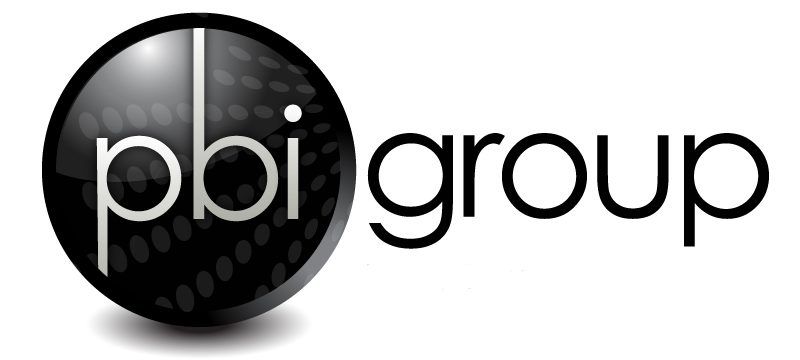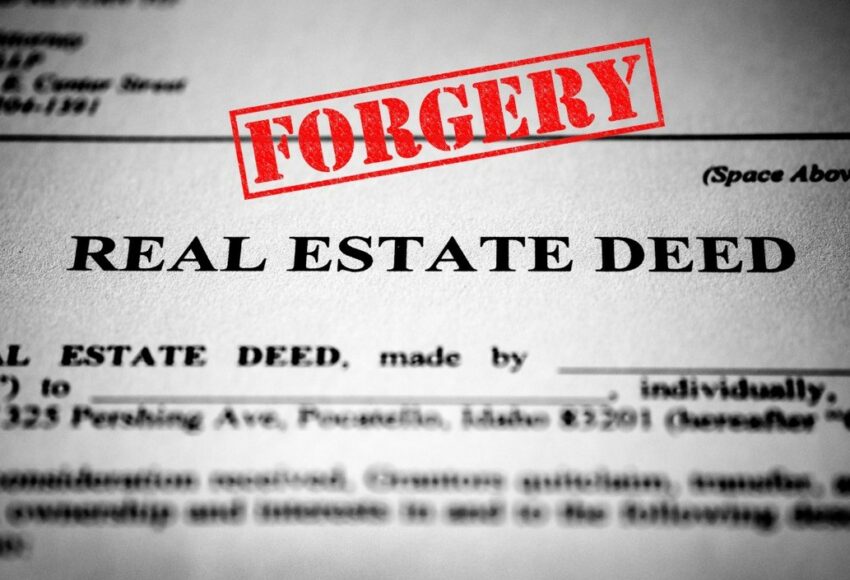Advertising is a critical component of the real estate industry. Promoting a home sale through the use of professionally-shot images is a common practice; such images are often used in brochures, property listings, and on websites. Copyright of images has long been a source of confusion, especially as such images are easily obtained with a quick web search. Realtors need to be careful in using and managing the images in advertising initiatives, as failure to do so can result in significant and wholly avoidable expenses.
The Claim
In 2009, a professional photographer created a series of images for use by real estate associates and brokerages throughout the United States. The images created are copyrighted by the photographer and licensed for use in promotional materials such as real estate listings and advertising brochures. Each image created by the photographer is copyrighted through the use of a prominent digital “watermark” and camera symbol on the lower right corner of the work. The photographer then registers each work with the Register of Copyrights and obtains a registration number. The work in question was copyrighted in 2015, and is an image of a portion of the Miami skyline.
At some point after copyright was registered by the photographer, a real estate firm and one of its associates obtained the image from the Web or from prior property listings. This was done without the photographer’s permission, license, or consent. The photographer alleges that the firm and/or the associate removed the watermarked copyright management information applied by the photographer. The firm and/or its associate then used the image on multiple property listing services and in promotional materials, again without the express permission or licensing of the photographer. The photographer filed suit in a Florida court.
What Went Wrong
Although complex, U.S. copyright law is very clear in that registered works are protected from unauthorized use or infringement. A plaintiff in an infringement case may be entitled to significant statutory damages; damages of up to $150,000 are possible if a claim is successful. Willful removal of copyright registration information by an unauthorized user can drive damages even higher.
The photographer in the claim is seeking unspecified damages. The real estate agency and its associate still face significant monetary risks, even if the claim against them is unsuccessful. To protect against legal expenses and insurance claims, it is imperative that realtors and their agents obtain licenses to use or permission by the creator of photographic works before repurposing those images in promotional materials. In simple terms, one simply cannot find a picture on the Internet and use it. Explicit permission from the creator is required.
Real estate professionals must also ensure that their Errors & Omissions and liability insurance policies are up to date and adequate in protecting against legal claims of this nature.
Interested in PBI Group generating an E&O insurance quote for your real estate agency? Click here.






